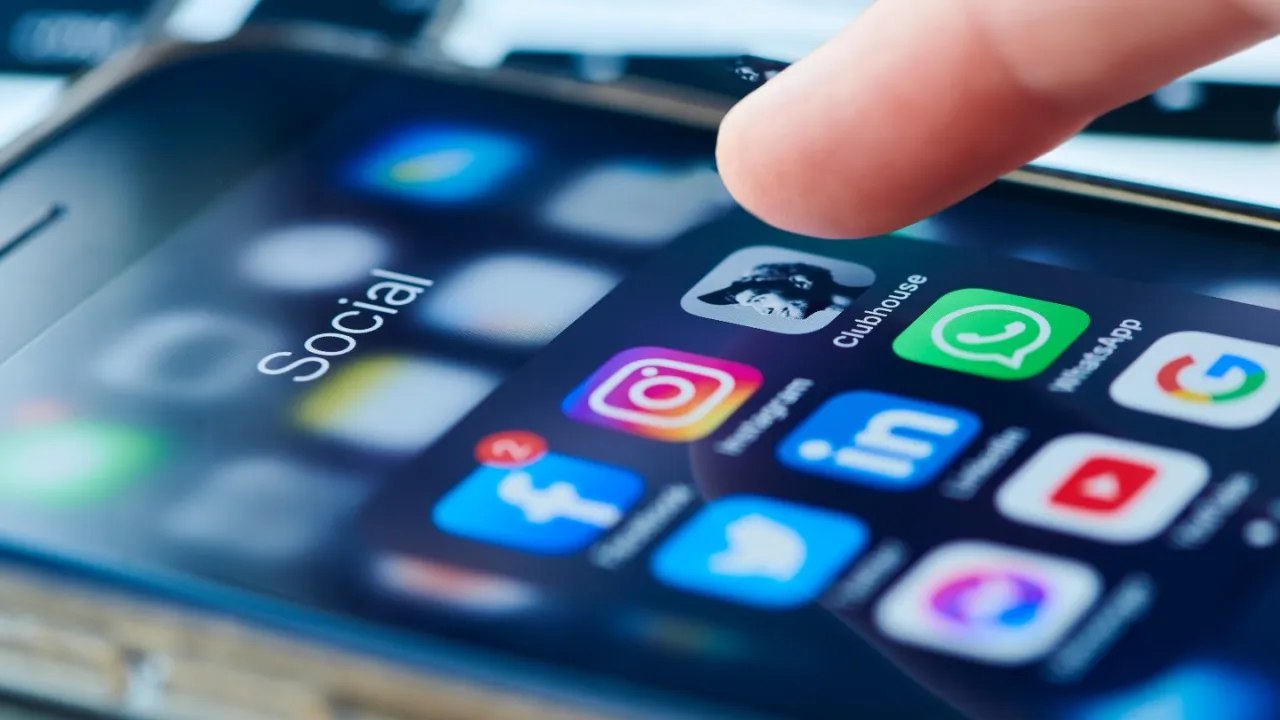The effects of social media on mental health have long been a topic of debate. A new, comprehensive study from the Netherlands challenges common perceptions. The study found that the link between social media use and poorer mental health is “modest.” Researchers argue that even this weak association is largely shaped by genetic factors.
Groundbreaking study: Social media’s impact on mental health is “modest”
To reach this conclusion, scientists examined data from the Dutch Twin Registry project. Twins play a critical role in scientific research, helping to distinguish the effects of genetic and environmental factors. The study included more than 6,000 identical and fraternal twins. Their browsing and posting time on platforms like Facebook and Snapchat (excluding video games) was analyzed. Various measures of well-being were also tracked, including symptoms of anxiety and depression.

Like some previous studies, this study found small associations between increased social media use and negative well-being outcomes. However, detailed analysis revealed a strong genetic role behind this link. For example, people genetically predisposed to spending more time on social media may also be genetically predisposed to experiencing poorer mental health as a result. Researchers estimate that 72% of the differences in people’s social media usage frequency can be explained by genetics alone.
The study also revealed interesting details about usage habits. Those who felt better mentally were found to tend to browse a wider variety of platforms. Conversely, those who felt worse were found to post more frequently on fewer platforms. While most associations were mildly negative or ineffective, high social media use was also found to be associated with a greater sense of “flourishing” and “thriving” in life (higher levels of engagement and interest in daily activities).
Selim Sametoğlu (Max Planck Institute for Psycholinguistics), lead author of the study published in the journal Behavior Genetics, stated that the findings should provide a more nuanced perspective on social media discussions. Sametoğlu stated that their research helps move away from simplistic claims that “it’s either ‘good’ or ‘bad’ for everyone.” He emphasized that the effects are modest and partially shaped by individual genetic differences.
The researchers argue that blaming social media or restricting access to platforms will not solve mental health problems. According to Sametoğlu, instead of headlines like “smartphones are toxic,” we need to focus on each individual’s unique history, genes, and current life situation. So, what are your thoughts on the results of this research?













